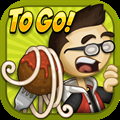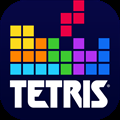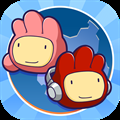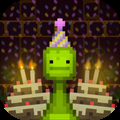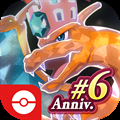Review: Tiny Bookshop is the cosiest game a bookworm can play in 2025
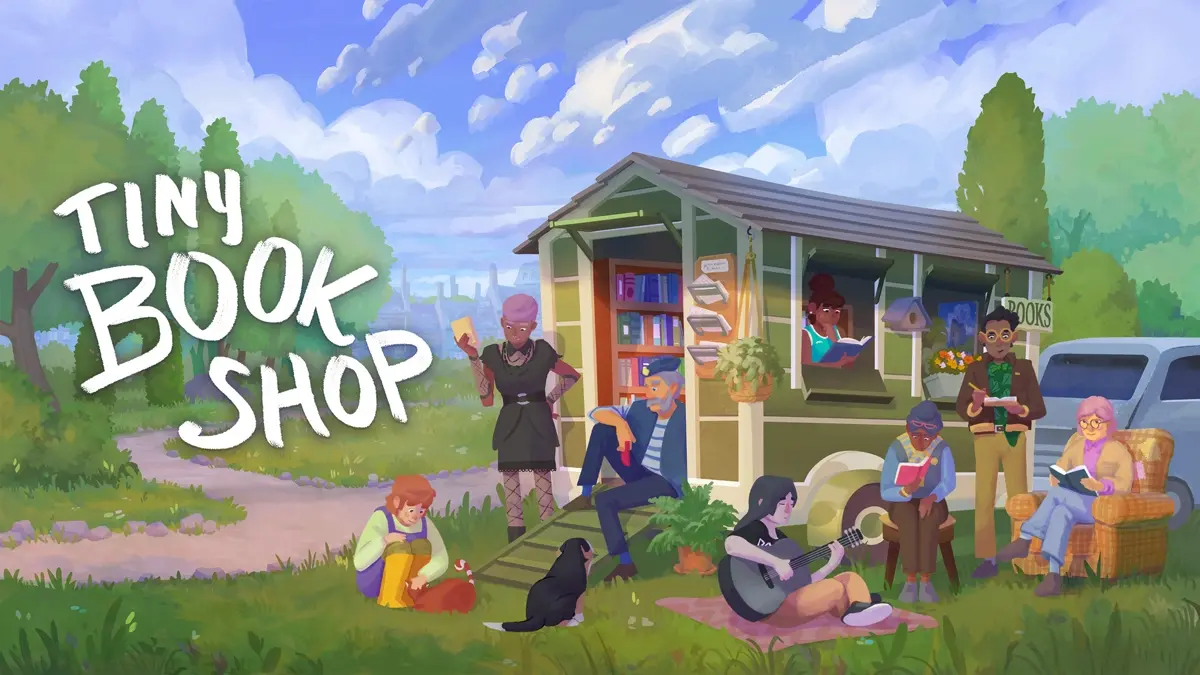
Tiny Bookshop is one of the cosiest games we’ve played in recent times.
There aren’t too many cosy games out there that have their sights aimed at bookworms, but developer Neoludic Games’ debut game Tiny Bookshop is one of them. This low-stakes narrative management game has players set up shop in a variety of idyllic locations to do little more than sell books and make friends. To do so, they’ll balance both the items and books they have in stock to keep their clients satisfied.
Despite the slow-paced nature of its gameplay, I found myself falling in love with Tiny Bookshop incredibly quickly. While the game certainly has its ups and downs, the charms of its colourful world and delights of its book-selling gameplay had this bookworm hooked for hours on end.
Getting close with the residents of Bookstonbury
Players can set up shop in various locations in Tiny Bookshop, from universities to old castles.Tiny Bookshop begins with its protagonist swearing off the burdens of their life and choosing to move to Bookstonbury-by-the-Sea, a region roughly comprising a small town off the coast of the sea. This idyllic location serves as their new home, with the eponymous Tiny Bookshop–a very small store on wheels–becoming their place of residence.
Where they choose to sell books is up to them. Every day presents new opportunities for the player, with Bookstonbury playing host to a variety of different locations to try setting up shop in. From the beach to the local art market, it never felt like the game was limiting me to just one location, as plenty more areas could be uncovered as the story progressed. That’s a good thing too, as each location can introduce specific reading preferences, and new customers for the player to befriend.
The story is minimal and unobtrusive, with more emphasis being placed on the player’s daily routine of keeping the shop up and running. Most of the time, specific NPCs will deliver requests (like “sell x number of Crime books” or “dig up x number of seashells”) which can be easily accomplished simply by making return visits to specific areas. Things usually come to a head at the end of every in-game season, where some of these questlines pay off, as the storylines of the town’s NPCs advance along with their relationship to the player.
At the end of Summer Year One, Tiny Bookshop has the player head to a bonfire by the beach.That doesn’t mean that the story isn’t meaningful, however. Tiny Bookshop feels like a meditative game at times, inviting players into the lush sights and sounds of Bookstonbury. Simply by stocking up on books and travelling to different places, the bookseller is slowly but surely finding meaning in their daily routine, and building a place within their new community. Story events drive home that fact, showing the player that their presence has had a far greater impact on the town than they might’ve initially imagined.
Tiny Bookshop’s visuals are charming and colourful, its levels furnished with an eye-catching level of detail. It’s a joy to explore its supermarkets and beaches, and click on random items and people in the hopes of triggering an event. I played the game on the Nintendo Switch 2 and saw flawless performance throughout, but I will note that the audio was oddly quiet in both docked and handheld modes. I had to bump the music volume up to 200%, and everything else up to 135%, just to hear anything at a normal volume.
To stock up on Crime or Fantasy books, that is the question
Keeping up a good stock of books across multiple genres is key to customer satisfaction.As someone who has one too many books myself, managing the bookshop was a real treat. Tiny Bookshop uses real-life books, authors, and story summaries to stock up the shelves of its bookseller. Although the player can’t choose the exact books they get to sell to customers, they can choose the number of books they want to stock up per genre. For example, out of 40 books in total, they'll have to pick how many of those are Crime, Kids, Thriller, History, Fact, or Travel novels. Different genres sell differently, so the ration has to be exactly right.
Specific book titles only come into play when customers hop into the shop asking for recommendations. At this point, it’s up to the player to scan their shelves, look through book summaries, and decide what would best suit their customer’s tastes. For example, a customer might walk in asking for a book by a female author, after having previously enjoyed Emily Dickinson’s poems. A quick scan through the bookseller’s shelves might reveal a few potential recommendations–from Margaret Atwood’s The Testaments, to a lighter read like Louisa May Alcott’s Little Women.
Using real-world knowledge to put two-and-two together and solve these mini-puzzles is particularly satisfying, because every so often, you’re going to stumble upon a book you’ve already read and know if it’d work as a recommendation instinctually. There’s also the enduring novelty of simply spotting your favourite book on the shelf and going “Hey, I’ve read that one!” It feels almost like an Easter egg hunt at times. My greatest in-game find was A Series of Unfortunate Events: A Bad Beginning, an all-time favourite of mine. I have yet to meet someone in real life who grew up reading those books, but apparently, someone at Neoludic Games is fond of them too.
Choosing the right book to keep your customers happy can be tricky in Tiny Bookshop.Without the recommendations system, Tiny Bookshop could be fairly described as an idle game. There’s little to do once your bookshop is actually set up, other than to watch books fly off the shelves or scan your surroundings for collectibles. That being said, the recommendations themselves could use some work.
It’s obvious that NPCs are simply fed a randomised block of prompts to give the player, generated from existing in-game genres and categories. They’ll ask for books of a certain length, of a certain age, or from a certain author–all available information when players flick through the contents of their shelves. However, these prompts don’t always coalesce well during requests. For example, when some who had read A Study in Scarlet asked me to find a book with a detective in it, I recommended The Adventures of Sherlock Holmes, only to be told that “the lead detective looked interesting.”
No shit, Sherlock! He was in A Study in Scarlet too!
Verdict
Tiny Bookshop's vibes are just right.Tiny Bookshop was a tremendous surprise for me. This cosy little game is likely going to end up being one of my favourite releases of the year, thanks to just how well it fulfilled its core book-selling fantasy. The shop management gameplay is clearly a watered-down take of the real-life trials of a bookseller, but it still manages to weave in authenticity thanks to the sheer breadth of diversity of its book selection. There’s room for improvement, still; we found the pacing to lag noticeably in the midpoint between new story events, and we would’ve liked more options to specifically choose which books to put on our shelves.
Still, Tiny Bookshop is the rare game that left me with a ton of new books to put on my TBR list, and that's not nothing.
Tiny Bookshop is now available on PC and Nintendo Switch for US$19.99. We received a copy of the game for this review.





